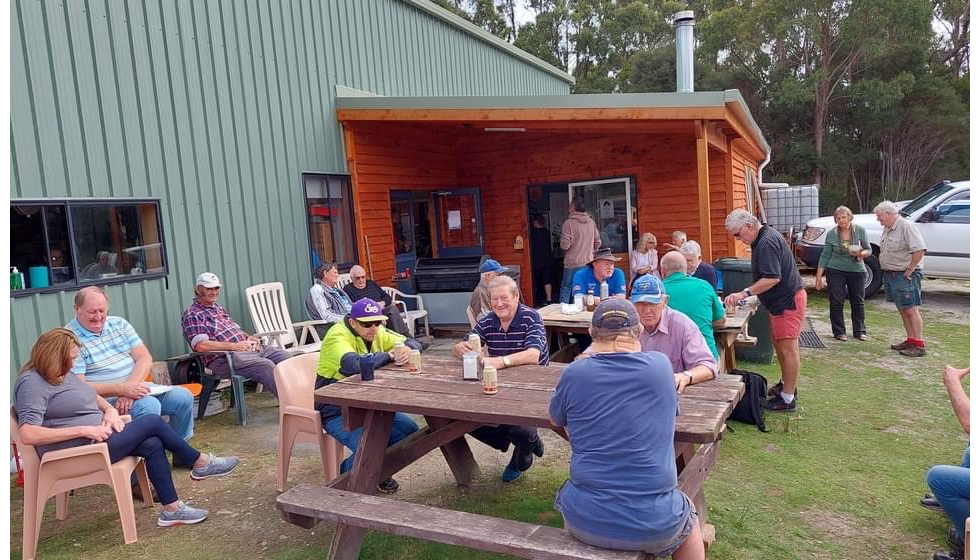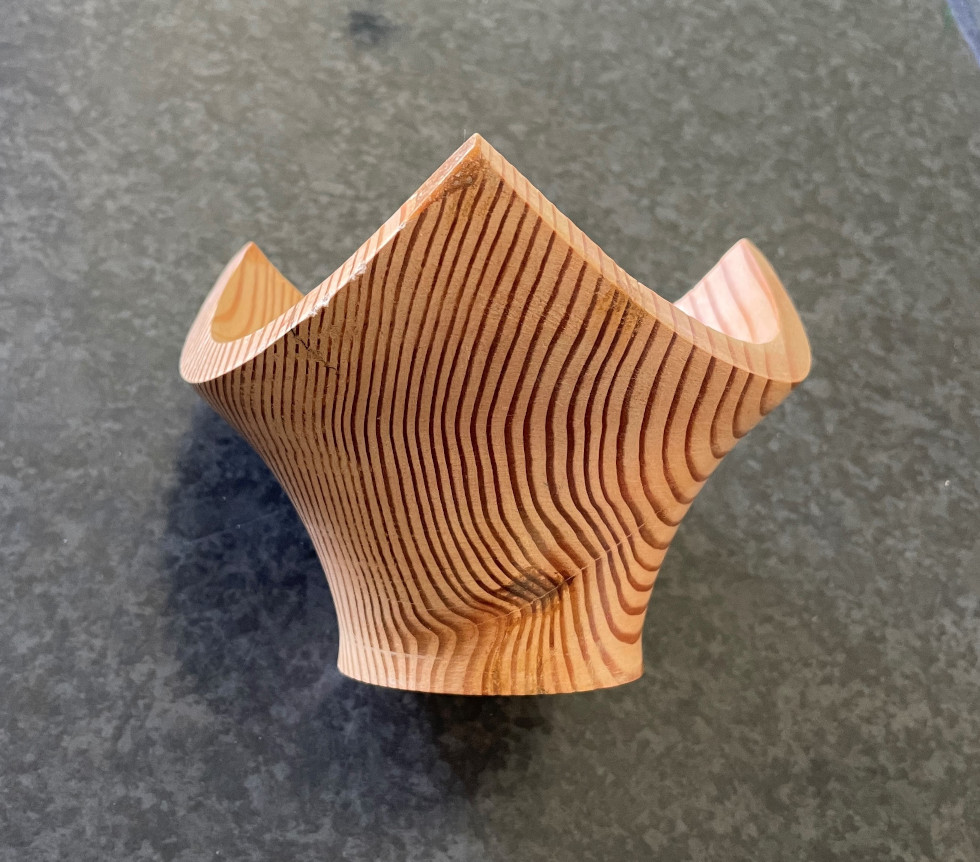Mens Health Week
by Lily Whiting

Wendy Kennedy is Executive Officer with the Tasmanian Men’s Shed Association and is a board member of Men’s Resources Tasmania. We checked in with Wendy ahead of Men’s Health Week from 13 – 19 June.
What role do you play supporting men’s health?
It might seem a little unusual for a female to be representing the Men’s Shed Movement and to also be a Board Member of Men’s Resources Tasmania. With the Men’s Shed Movement, men will often say ‘you can say for us what we no longer feel we can say for ourselves’. My role is that of an advocate whilst providing support to the 69 Sheds currently in Tasmania. As a Board Member of Men’s Resources Tasmania, I can provide a wealth of knowledge gathered simply by working everyday with our Sheds and their members in getting a ‘grassroots’ understanding of men’s health issues, in particular, mental health which remains of great concern.
What does Men’s Health Week aim to do for our boys and blokes in Tassie?
The health of men and boys is important, not only to them of course, but also to the whole community. There is a disproportionate amount of health issues that affect males more than their counterparts. Why? Women are so much more diligent about their health checks. So many health issues affecting men could be prevented by them having regular check-ups. Men don’t miss getting their car serviced, but it’s a completely different story when it comes to their own check-ups. In addition, services often fail to successfully engage men, yet men account for 75% or more of the suicide rate. We can see that prevention services reach women, so some of the focus is on advocating how to connect with men. An example we have is our Dr Shed series, where we provide regular reminders. Just like a mechanic reminding you to get your car serviced although far more important.
What are the key areas of improvement that organisations such as The Men’s Shed and Men’s Resources Tasmania are encouraging?
Our organisations are focusing on encouraging other organisations and service providers to consider how they can reach men effectively. Many traditional community meeting places no longer exist and that’s why safe and welcoming environments like a Men’s Shed are so popular and are playing such a huge role in Tasmanian Communities right around the state, particularly in remote areas. It’s as simple as dropping in for a cuppa and a chat – you might make something, pick up a new skill and there’s every chance you will make a mate. There will be a member that will say ‘this place has saved my life’. Loneliness can have a huge impact on all facets of men’s health and wellbeing, especially when transitioning from work to retirement or on losing a partner. We encourage men to ensure they have strong social connections, even if it’s as simple as listening and sharing experiences.
Are there currently male-specific strategies in our health system?
Last year in collaboration with the Australian Men’s Health Forum, Men’s Resources Tasmania produced a report that shows the funding gap for men’s health. Some key facts highlighted in the report were:
- In the past eight years, the National Health and Medical Research Council has invested five times more funding in women’s health than men’s health ($707.9m and $148.2m respectively).
- In May 2021, the Federal Government allocated $3.4b to its women’s budget, which included $535.8m to support work on the National Women’s Health Strategy. There was no men’s budget and no funding allocated to support the National Men’s Health Strategy.
- According to Men’s Resources Tasmania’s analysis of the 2020- 2021 Tasmanian budget, the State Government allocated $6 million a year to programs supporting women’s health and wellbeing. In contrast, approximately $665,000 was allocated to specific programs targeted at men’s health and wellbeing, through Men’s Sheds and accommodation for homeless men.
What statistics are the most surprising for Tasmanian males?
The rate of suicide of males in Tasmania is usually the most surprising. Males make up 75% of these deaths each year. In the last several years, all deaths in Tasmanian workplaces have been males, and three quarters of traffic fatalities have also been our male population. There is an extraordinary number of statistics that show areas where gender health gaps are evident and a significant gap in funding to close it.

How can people get involved with Tasmanian Men’s Health Week?
Apart from reminding the men you know about the importance of health checks, it’s a great time to drop into a Men’s Shed and find out what Shed life is all about. We all know that men communicate in a different way than women, and they are far more at ease sharing their problems in the company of their mates – and ‘Sheds make Mates’.
Many Sheds will be hosting something within their Sheds throughout the week, with a Southern Gathering to be held at one of our Sheds on the Friday with a health related guest speaker, and some healthy eating options. Our key message is for men to connect with a few good mates and have open, real conversations that are supportive and encouraging, regardless of being in a Shed setting or elsewhere.
For more information about Men’s Resources Tasmania, head to www. mrtasmania.org and for Men’s Shed head to www.tasmanianmensshed.org.au.
If this article has raised issues for you, or if you’re concerned about someone you know, call Lifeline on 13 11 14.
Boys and blokes. You might service your car, but you need to service yourself too. Here are some friendly reminders from MRT on what you need to get regularly checked (depending on your age of course):
-
Get your heart and prostate checked by your GP
-
Bowel screen
-
Skin checks – many men have had a lifetime of working outdoors
-
Check on your mates if you notice any mood changes – ask if they are okay.

